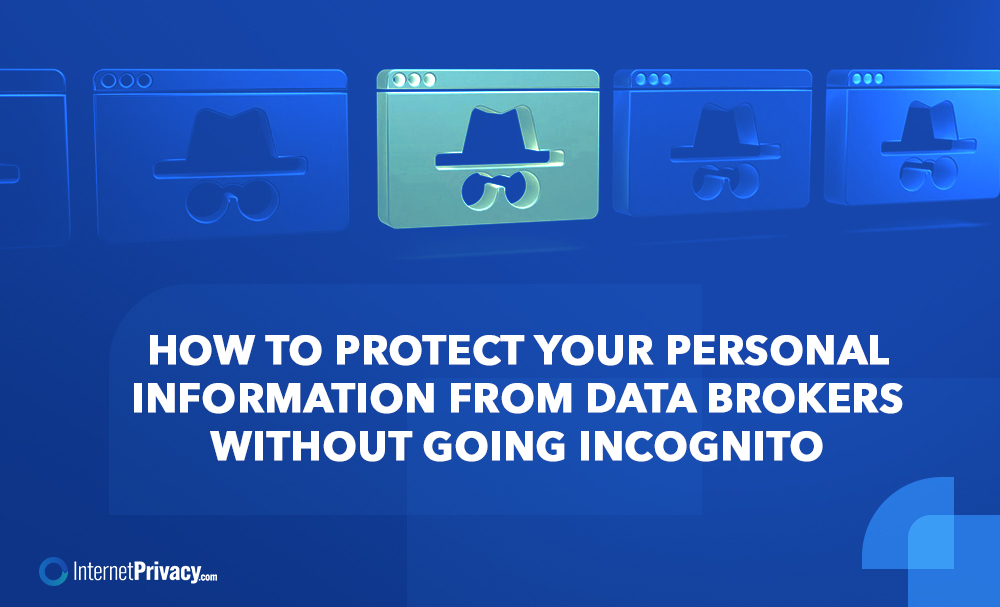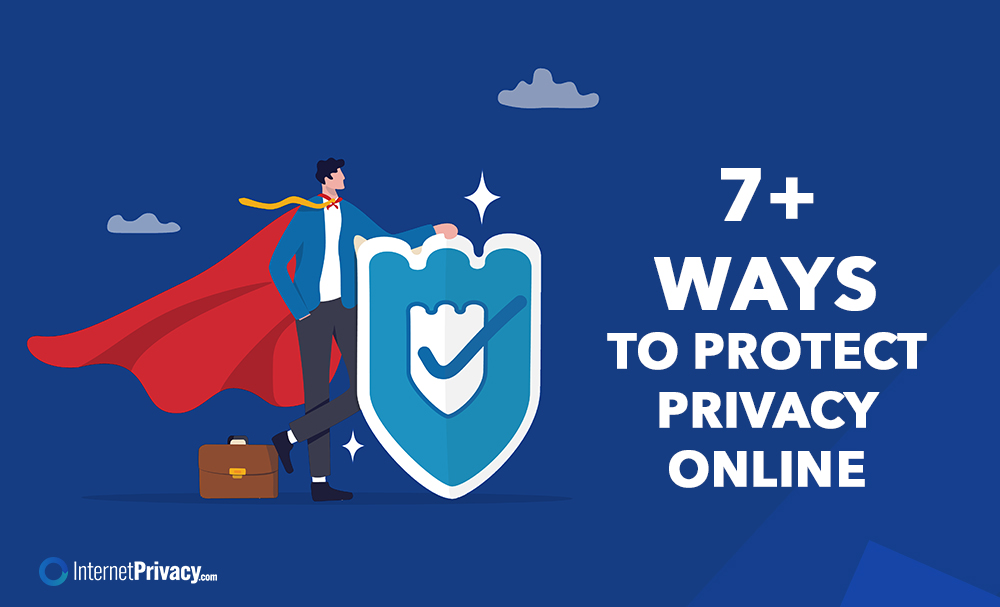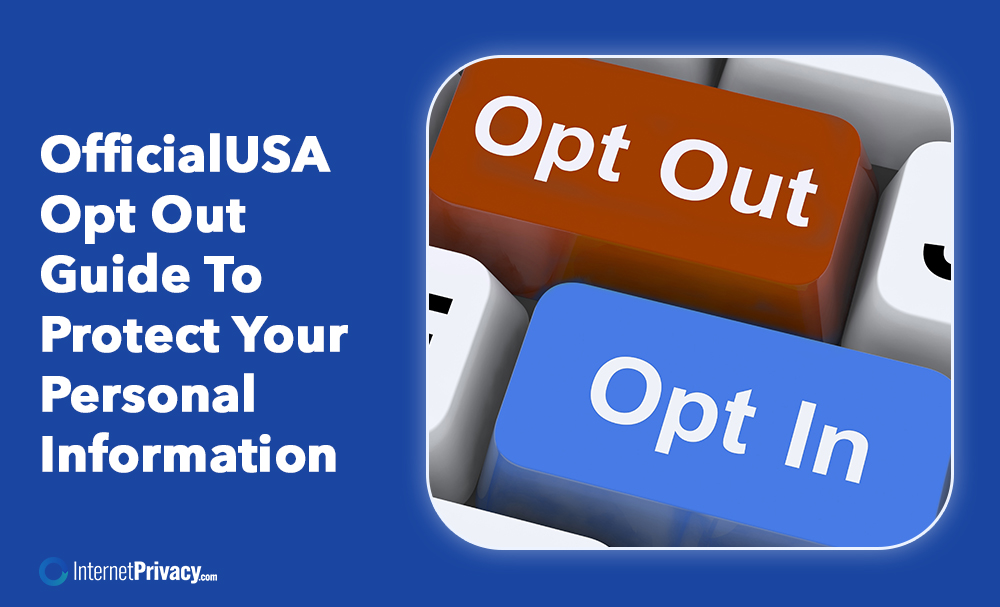How to Protect Your Personal Information From Data Brokers Without Going Incognito

The data broker industry is a massive business that thrives on collecting, analyzing, and selling consumer data. Data brokers collect personal details from various sources, including public records, online activities, and social media apps, to create detailed consumer profiles. Often sold to advertisers, financial institutions, and even government agencies, these profiles raise significant concerns about data privacy, identity theft, and security breaches.
This guide explores how data brokers operate, the risks they pose, and the steps you can take to protect your personal information online.
What Are Data Brokers?
Data brokers are companies that specialize in collecting and selling consumer information. They gather data from public sources, loyalty cards, social media, and online shopping to build comprehensive consumer profiles. These profiles may include personal data such as birth dates, home addresses, credit scores, bankruptcy records, or political beliefs.
Major data brokers like Acxiom, CoreLogic, and Experian operate globally, often storing information on hundreds of millions of individuals. The data brokerage industry uses advanced tracking technologies and data collection methods to retain sensitive information indefinitely. With little transparency, this data is often sold for marketing purposes, risk mitigation, or other services, posing a constant risk to online privacy.
Why Should You Be Concerned About Data Brokers?
Identity Theft and Security Breaches
When data brokers store sensitive personal information, it becomes a target for hackers. A single breach in the data brokerage industry can expose personal data, including login credentials and financial information. Such breaches enable criminals to open fraudulent bank accounts, access financial institutions, and exploit medical records for financial gain.
Loss of Privacy
The personal details collected by data brokers can lead to intrusive targeted marketing campaigns, scams, and phishing attempts. Over time, these intrusions can compromise both personal and professional life.
Regulatory Gaps
While states like California and Vermont have passed laws regulating data collection, no comprehensive federal law governs data brokers. Organizations like the Federal Trade Commission continue to push for stricter oversight to protect consumers from the risks associated with information brokers.
How Do Data Brokers Collect Your Personal Information?
Data brokers use various methods to gather and retain personal information:
- Tracking cookies monitors browsing habits across websites.
- Social media apps provide publicly shared data from posts, likes, and interactions.
- Public records include court documents, voter registration, and bankruptcy records.
- Loyalty cards track purchase history and preferences.
This data is analyzed, compiled into detailed profiles, and sold to companies for marketing purposes, fraud prevention, and other services. Once collected, it is rarely deleted, making it challenging to regain control over your personal details.
How to Protect Your Personal Information From Data Brokers
Limit What You Share Online
Be mindful of what you post on social media platforms and public websites. Avoid sharing sensitive information such as your birth date, phone number, and home address. Adjust security settings on social media apps to restrict who can access your updates and reduce visibility to strangers.
Opt-Out of Data Broker Lists
Many data broker companies allow individuals to opt out of their databases. Tools like DeleteMe and PrivacyDuck can help automate this process. You can also visit the websites of major data brokers such as Acxiom, Spokeo, and Experian to submit removal requests directly.
Strengthen Your Online Account Security
Use strong passwords for all online accounts. These passwords should be at least 12 characters long and include a mix of uppercase and lowercase letters, numbers, and symbols. Enable two-factor authentication or multi-factor authentication for added security. A password manager can also help generate and store unique passwords securely.
Use a Virtual Private Network
A virtual private network (VPN) encrypts your internet traffic, masking your IP address and ensuring a secure connection. This prevents data brokers and hackers from accessing sensitive data, especially when using public Wi-Fi or unsecured networks.
Monitor Your Financial Information
Regularly review your financial activity to detect suspicious behavior. Obtain a free credit report annually from the three major credit bureaus—Equifax, Experian, and TransUnion. Consider freezing your credit to prevent unauthorized access to your financial accounts.
Enable Security Software
Install anti-virus software and update it regularly to protect your devices, including mobile devices, from malware. Encrypt sensitive documents to ensure they remain secure even if accessed.
Be Wary of Phishing Attempts
Avoid sharing personal or financial information through unsolicited emails or phone calls. Verify the sender’s web address before clicking links or providing details. Phishing attempts often exploit human error to gain access to sensitive information.
Final Thoughts
The data brokerage industry poses significant challenges to consumer privacy. Data brokers collect and sell sensitive personal information, often without your knowledge, exposing you to risks like identity theft, security breaches, and invasive marketing.
To protect your personal data, adopt proactive measures such as limiting what you share online, opting out of data broker lists, and using tools like VPNs and password managers. Staying vigilant about online privacy and strengthening account security can help you safeguard your personal and financial information.
These steps ensure your sensitive information remains secure and out of the wrong hands. Stay informed, protect your data, and control your digital footprint.





